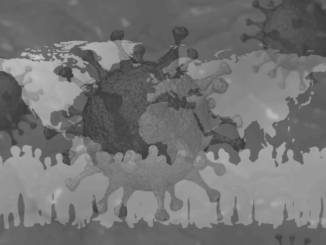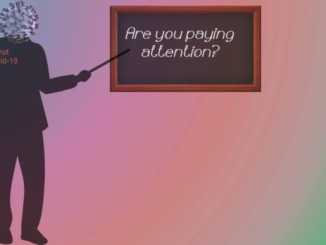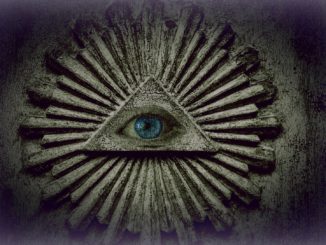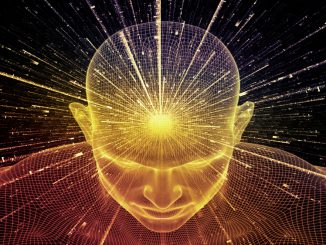
The topics of religion and spirituality can be approached as a means to intellectual entertainment and/or truth taken for granted. While there is nothing inherently wrong with those approaches, they seem to miss the practical benefits which all major religions and spiritual paths (at least in their authentic and pure form) seem to pursue. All paths, irrespective of their particularities seem to share some common grounds:
– Postulate or imply the existence of some other or extended version of what we experience as the reality of existence in our waking life. Whether we call it other life or lives, parallel realities or whatever have you, without the idea of “something more” to life, the whole point of a religious or spiritual search becomes irrelevant
– Assert in one way or another that knowing (and acting accordingly with) the “truth” of ultimate or extended reality, will somehow help us “get better” – either by reaping immediate results in this life (e.g. making us peaceful, healthy, happy) or by rewarding us in the future (e.g. going to a heavenly state).
In brief, any authentic spiritual path aims to get its followers into the knowledge of ultimate reality and its rules, which it perceives to be of ultimate short- or long-term benefit for the individual.
Here we do not mean to go “pro” or “against” any particular religion or spirituality. It is rather about the practice at the level of the individual, which often involves mistaken approaches that seem to ignore and actually contradict the very aim of the spiritual practice – which is to know ultimate reality and by knowing it, to improve our existence.
Blind adherence
By missing the aim of the particular path/religion they try to follow, people are often conditioned by the idea that they are born into particular tradition and therefore are obliged to go with it. Being born in a Christian family, one feels stuck that he has to believe into Christian dogma; has to believe even if his personal life experience might show him exactly the contrary of what the tradition teaches.
Letting their tradition be predefined by their cultural or family milieu, people give up the very idea of questioning the truths and/or methods of practice. Every ritual, every idea that comes with the particular tradition is taken for granted and followed blindly. Nobody bothers to give a second (or even first) thought about the real meaning and function of what they practice.
The conditioning (conscious or unconscious) becomes so deep that while there is uncritical acceptance by the individual, any trace of inquisitiveness is lacking. The person never seeks personal validation of the truths presented to him.
While above defects in our personal practice of spiritual/religious paths is not exhaustive, those seem to be some of the root ones. By naming them “defects”, we do not mean it in pejorative or judgmental way but rather in terms of efficiency as to achieving the very purpose of spiritual paths.
What is the ultimate result? We end up having countless “paper” Christians, “paper” Muslims, “paper“ Buddhists etc. and very few who actually embody in their personalities the fruit of spiritual practice. People “belonging” to a particular tradition rather than living it as their own personal truth. People that never experience and integrate within themselves even a piece of the virtues of their tradition. People that never question and are never eager (nor encouraged) to explore the truths.
Taste it for yourself
By never applying a healthy level of doubt and unwilling to have personal taste of truth, people end up living in accordance with truth which is not their own, a truth which is hoped for or feared of but never personal. Common religious ideas like “do not do to others what you do not want to be done to yourself” or “karmic consequences” of your actions, become empty of meaning as their validity is based on pure intellectual acceptance with no living proof ever available.
Ultimately, the willingness to question and seek the validity of spiritual truths in our own experience and as our life unfolds, seems to be the only meaningful and sane approach for those who have authentic spiritual aspirations.
Keep an open mind and be willing to explore deeply and personally any truth before claiming it as your own. Whatever the “absolute truth” is, it is absolute exactly because it is beyond time. It will be there for you and does not need you to be in a hurry. No matter how many “untruths” you might choose to investigate and invalidate along your path, it is ok.
Any untruth that you dig into in your life experience by definition can only get you closer to the truth. In fact, while each of us approaches the same ultimate discovery from a different direction, for some of us the sidetracks along the road seem to be necessary to allow us recognize without any shadow of doubt once we have reached the end of the journey.












